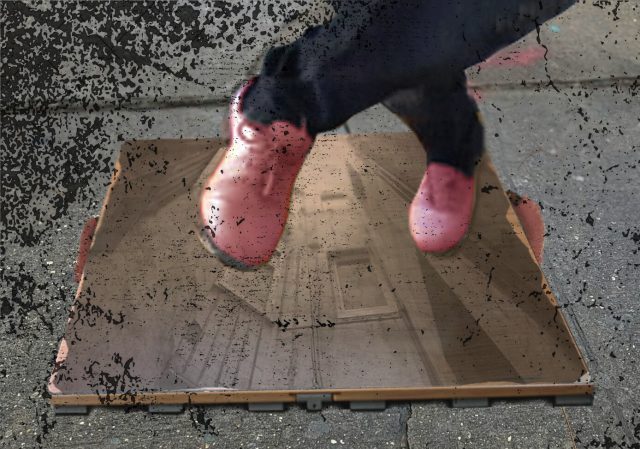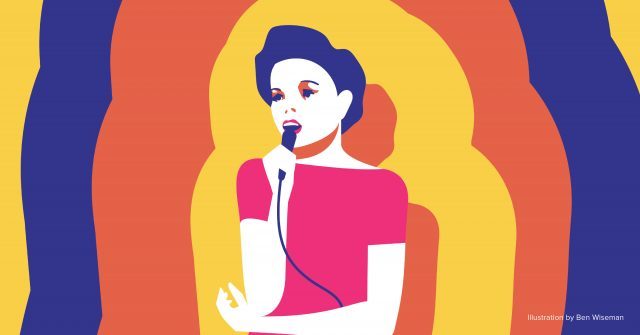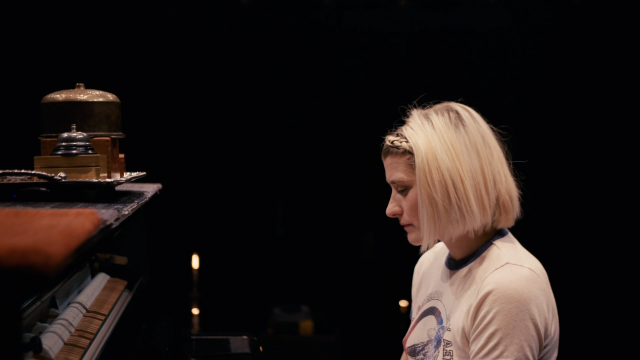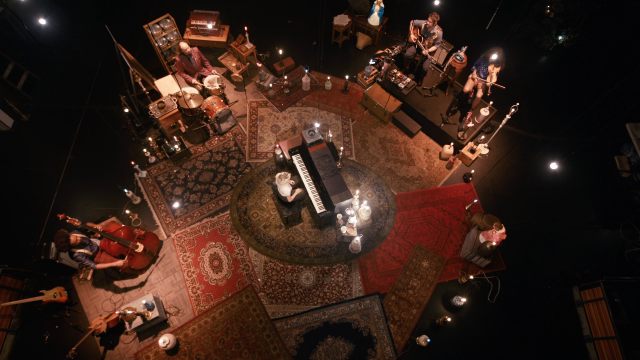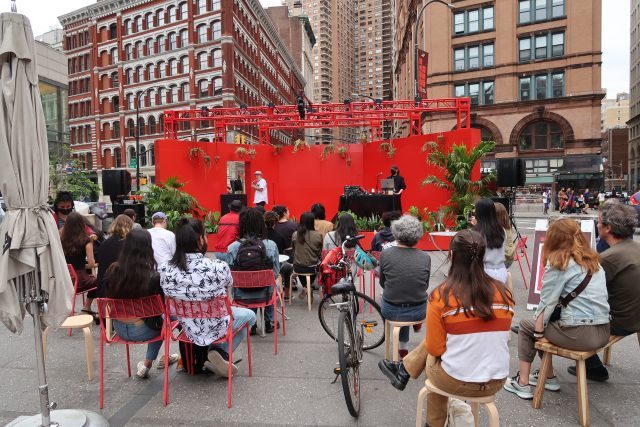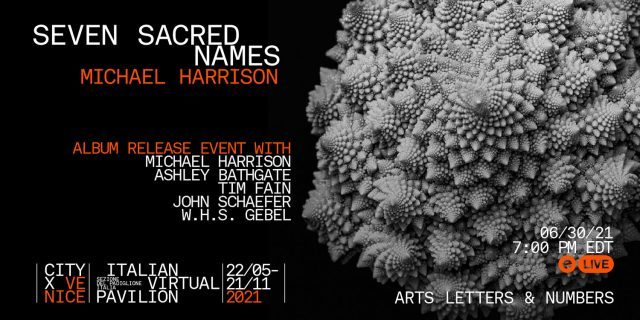
Who: John Schaefer, Michael Harrison, W. H. S. Gebel, Ashley Bathgate, Tim Fain
What: Online album release party and discussion
Where: Arts Letters & Numbers YouTube
When: Wednesday, June 30, free with RSVP, 7:00
Why: “I wanted to show how beautiful simple harmonies can be, especially in just intonation . . . and [to create a work] that would serve as an introduction inviting listeners and musicians to start perceiving just intonation as an infinite harmonic system encompassing limitless possibilities on a spectrum between simplicity and complexity,” contemporary classical composer and pianist Michael Harrison says about his new album, Seven Sacred Names (Cantaloupe Music, June 2021). On June 30 at 7:00, Harrison, a Guggenheim Fellow, will celebrate the album’s release with an online party and discussion featuring cellist Ashley Bathgate and violinist Tim Fain, who both play on the record, and author, astrophysicist, and modern Sufi mystic W. H. S. Gebel, who wrote the liner notes and whose book Nature’s Hidden Dimension: Envisioning the Inner Life of the Universe served as inspiration to Harrison. Seven Sacred Names is a song cycle consisting of seven compositions and a reprise about “an awakening primal Self,” according to Gebel; the songs include “”Hayy: Revealing the Tones,” “Alim: Polyphonic Raga Malkauns,” “Qadr: Etude in Raga Bhimpalasi,” and “Sami: The Acoustic Constellation,” with such guests as Roomful of Teeth, Ina Filip, violist Caleb Burhans, tabla percussionist Ritvik Yaparpalvi, and composer/dhrupad/vocalist Payton MacDonald.
Harrison writes about one of the songs, “‘Al Mureed’ is the fourth of the seven names and signifies the birth of desire, the motivation needed to direct the will which awakens as a response to the dawning of relationship. The created world has become more interesting because now there is love, lover, and beloved; there is the possibility of relationship and of learning about and understanding the divine qualities as they manifest by sensing their vibration.” The event, which is presented by Arts Letters & Numbers as part of the “SunShip: The Arc That Makes the Flood Possible” exhibition for the CITYX Venice Italian Virtual Pavilion at the seventeenth Venice Architecture Biennale and is free with advance RSVP, will be hosted by John Schaefer of WNYC’s New Sounds.
